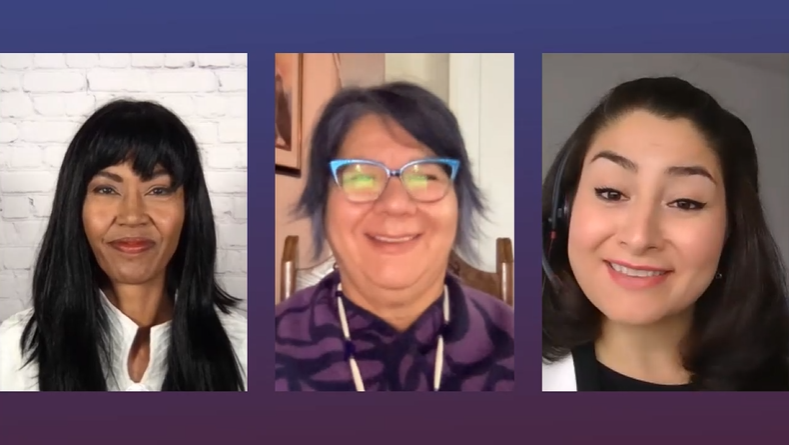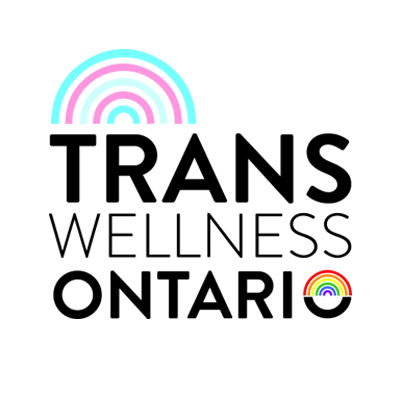
According to the United Nations, climate change has been identified as the defining human development issue of our time. In Canada, its impacts are being seen across our diverse geographic regions as it threatens ecosystem integrity. But what about its effects beyond the environment? How does climate change impact populations, communities and individuals who live in areas affected by climate change?
We spoke to le Réseau des femmes en environnement about the intersection of gender equity and the climate crisis:
How are you/your organization working to advance environmental/climate justice in your community?
Climate change does not affect everyone in the same way. In fact, climate change is not gender neutral. In 2014, le Réseau des femmes en environnement published a series of fact sheets on gender and climate change issues. We also conducted visits with environmental and women’s groups to raise awareness on these issues. Today, we continue to raise awareness of these issues by hosting conferences on the integration of gender in the first against climate change and ecofeminism. We have also partnered with organizations such as CECI and Afeas to advance gender and climate issues.
What are the unique challenges you face in your work? What are you doing to overcome them?
In terms of the gender dimension in the fight against and adaptation to climate change, there is currently little data available in Quebec. There are also few environmental organizations that address feminist issues and few feminist organizations that address the environmental crisis. There is a lot of work to be done to bring the two sectors together. We have been criticized in the past for not being radical enough as an organization, but we always try to keep our mission in mind, which is, first and foremost, to provide a space for all women to promote the environment and health.
If you could get Canadians to understand one thing about your work, what would it be?
The environmental crisis must be understood as a social issue. We believe that gender equality and the climate crisis are inseparable and gender equality is needed to resolve the climate crisis.
What keeps you going? Are there any hopeful stories you can share with us?
The day-to-day aspect of this job is not easy because the results are not always apparent. What pushes us forward is feeling the strength of a group of people who identify as women. They are the ones who inspire us to fight for environmental justice.
On August 13, join the Equal Futures Network Incubator – Gender and the Environment: Transformative Change for the Climate Crisis to connect and build relationships with organizations across Canada doing important work in this area. Register here!
The Equal Futures Network acknowledges that Indigenous people are the traditional guardians of Turtle Island, on the land also known as Canada






